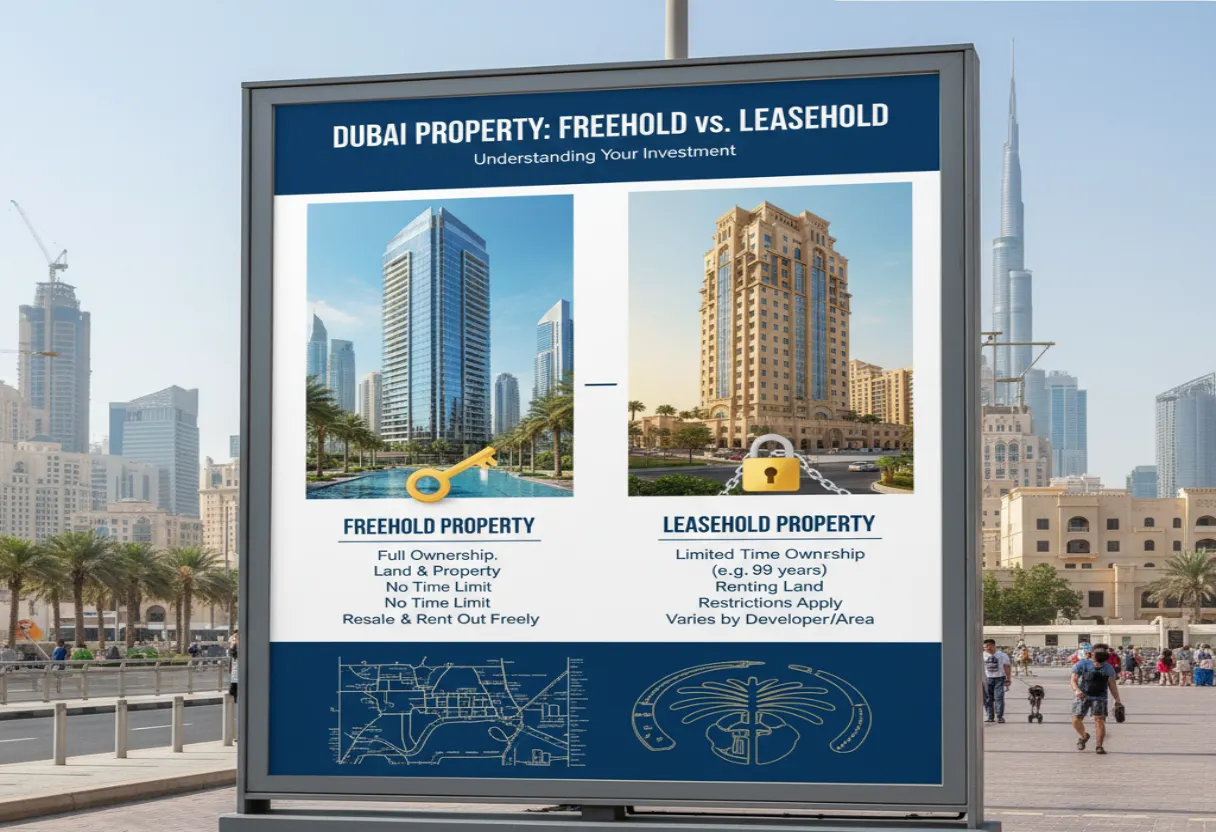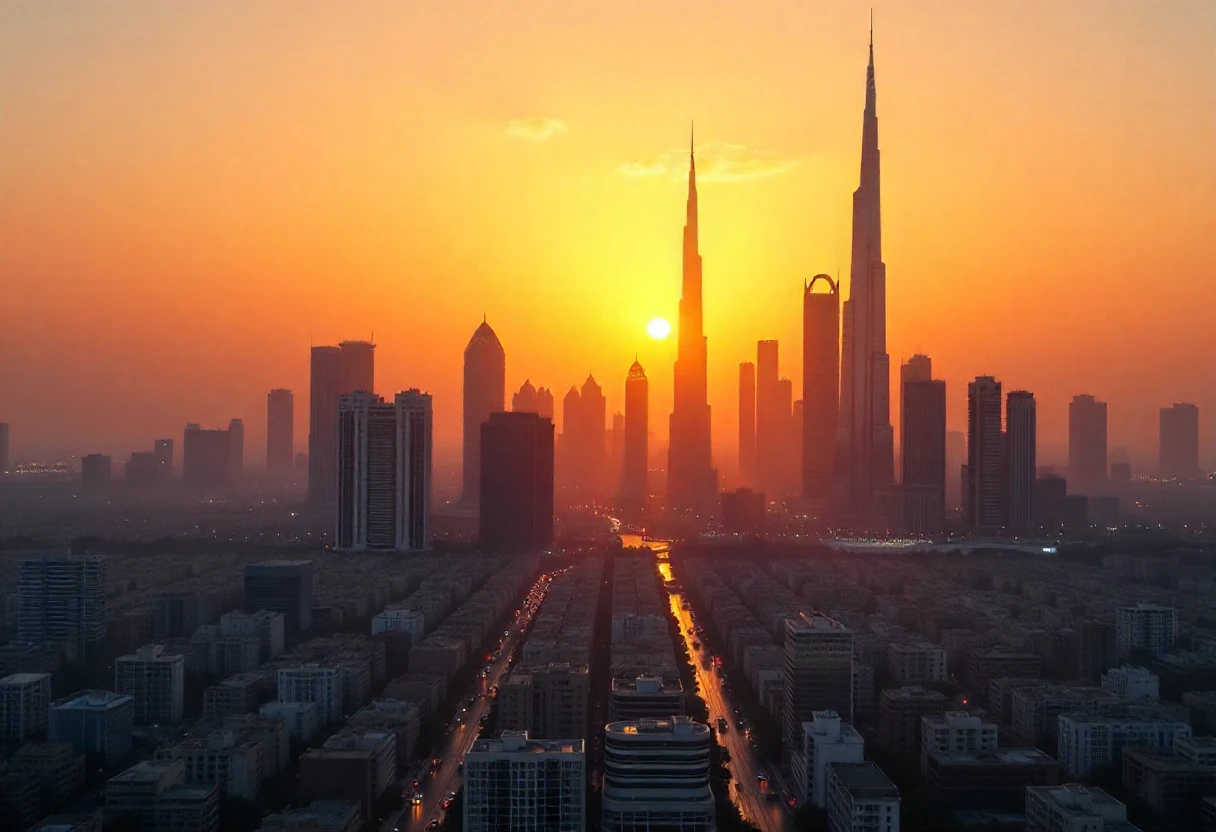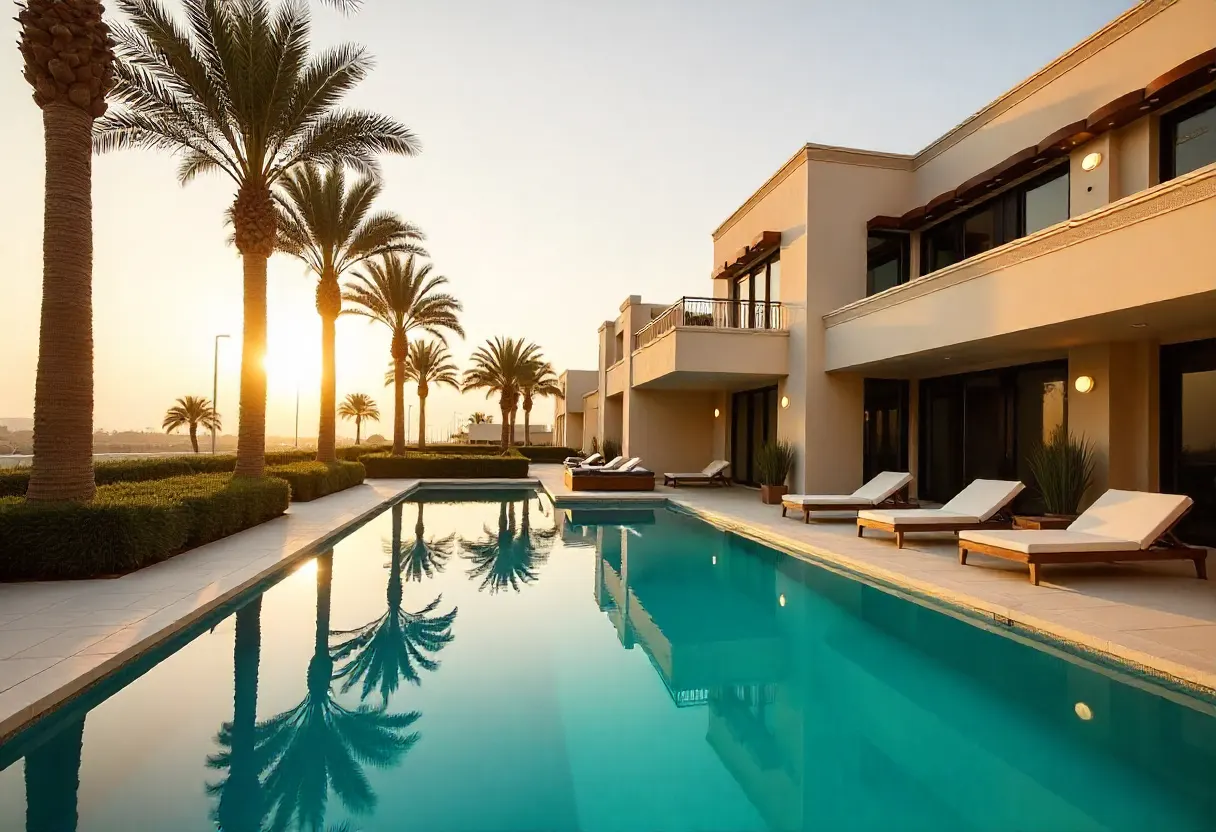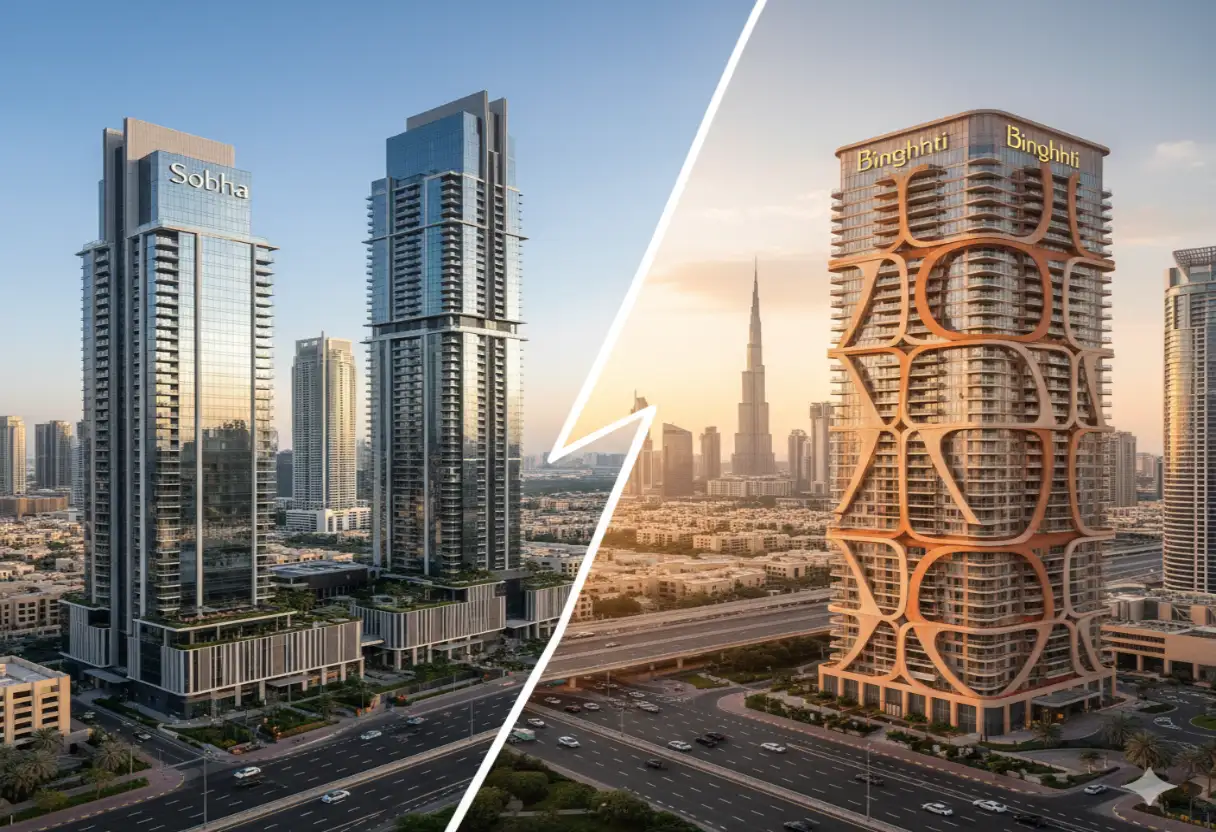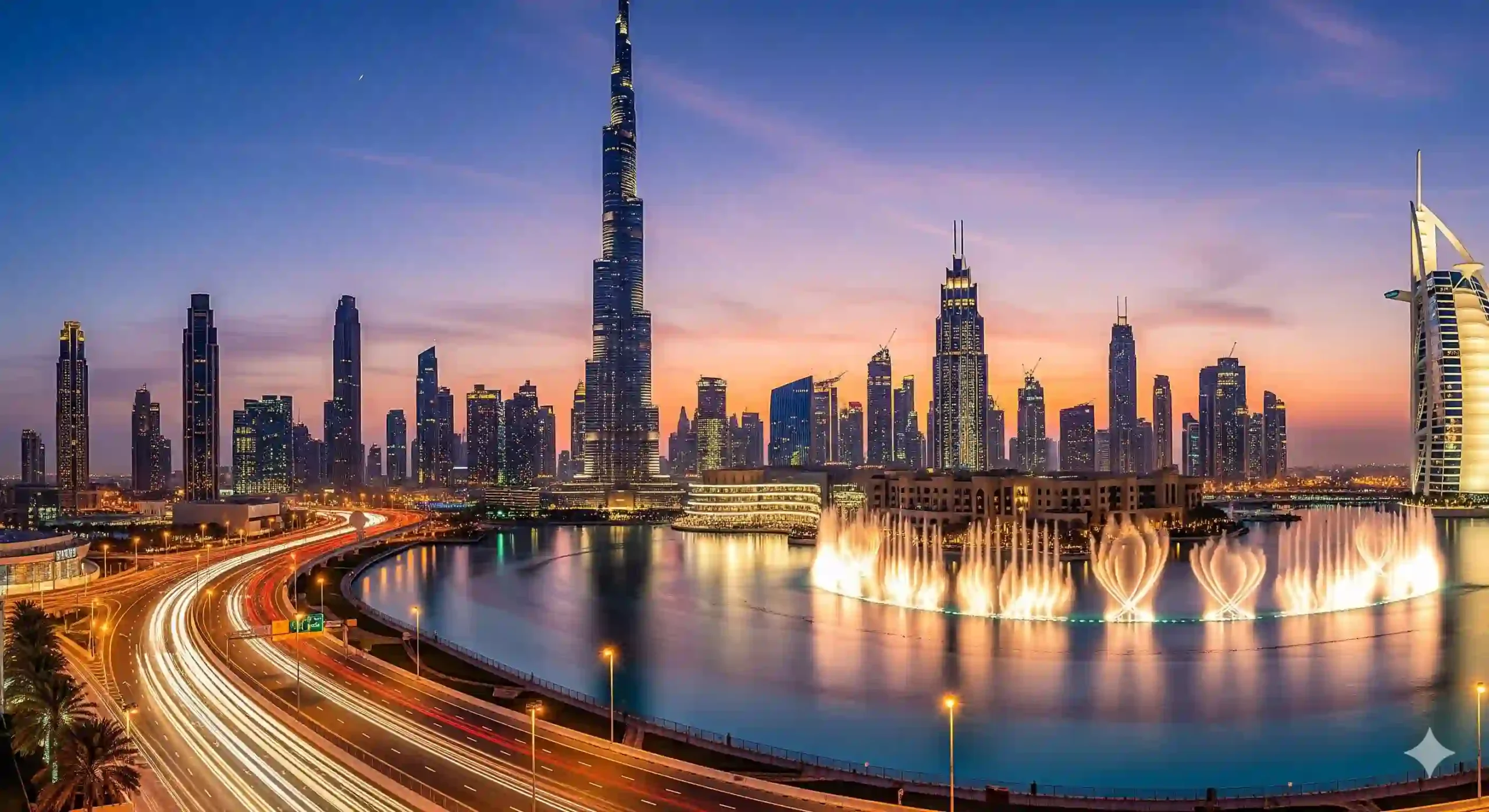If you want to explore the dynamic real estate market of Dubai it requires a clear knowledge of its foundational concepts. It does not matter whether you are prospective homeowners or global investors, one of the most critical nuances to grab is the difference between freehold and leasehold property. Opting for the right type of ownership can have a substantial impact on your rights, long-term returns, and all round planning of investment. This guide will break down the important differences to help you make an informed decision. Ixora Properties deals with both Freehold vs Leasehold property in Dubai.
The Concepts Of Freehold Property Ownership
Freehold ownership in Dubai is the best form of property ownership. When you buy a freehold property, you earn complete and constant ownership of both the building or unit and the land it is built on. Ixora Properties provides you with the best deals of Freehold Property Ownership.
This is the model you associate with old school property ownership. The property is registered under your name with the (DLD) Dubai Land Department , and you are issued a title deed that certifies your complete ownership.
The important advantages of a freehold property is the unrestricted control you have. You are free to live in it, rent it out, sell it, or pass it on to your heirs without limitations. This makes freehold properties a highly secure and precious long-term investment.
They are also the selected choice for those looking for a residency visa through property investment, as they provide the most upfront path to eligibility.
Understanding Leasehold Property
In stark contrast, a Leasehold property Dubai offers you the right to use and occupy a property for a said period of time, generally for a long-term lease of 99 years or less. Ixora Properties also deals in Leasehold properties.
While you may own the bricks or mortar of the property for the duration of the lease, you do not own the land it sits on. The land along with the eventual ownership of the property remain with the freeholder, generally by the government or a private developer.
When the term of the lease ends the property rights returned to the freeholder. While a lease can be renewed, this process generally comes with new terms and conditions.
Leasehold properties are generally found in particular designated areas of Dubai, often providing a more economical entry point into the market. They are the ideal choice for those with a limited budget or for investors focused on short-to-medium-term rental yields rather than long-term capital growth.
Key Differences in Points
| Feature | Freehold Ownership | Leasehold Ownership |
| Duration of Ownership | Permanent; for an indefinite period of time. | For a fixed term, typically up to 99 years, after which the rights to the property expire. |
| Ownership of Land | The owner owns both the property and the land it is built on. | The owner only owns the rights to the unit, not the land. The land belongs to the freeholder (landlord or government entity). |
| Control & Adaptability | The owner has full authority to modify, sell, lease, or rent the property. This includes making structural changes with developer’s guidelines. | The leaseholder has limited control and may face restrictions on making structural changes. Permission from the freeholder is often required for significant modifications. |
| Inheriting Property | Freehold properties are a tangible asset that can be passed down to heirs. They can be inherited by the owner’s family. | Leasehold properties are temporary assets and generally cannot be inherited in the same way, as the ownership is for a fixed term. |
| Cost of Property | Typically has a higher starting purchase price compared to a leasehold property in a similar location. | Generally has a lower starting purchase price, making it a more affordable option for buyers. |
| Resale Value | Tends to appreciate over time and is considered a stable, long-term investment. | The value is likely to decrease as the end of the lease period nears, making it less attractive for long-term investors. |
Property Investment in Dubai: Freehold vs. Leasehold
When it comes to property investment Dubai, the choice between freehold and leasehold depends entirely on your objectives.
- For Long-Term Growth: Freehold properties are said to be more stable and lucrative long-term investment. Their value tends to grow over time, and the probability for a high capital appreciation is a major bet for you if you are looking to establish generational wealth. The liberty to sell at any time and a higher probability for capital growth make it a famous option.
- For Rental Yields: Leasehold properties can be a very appealing option for you if you are aiming to generate high rental income. Due to their reduced initial cost, they can sometimes provide a higher rental yield, offering a faster return on investment. If you are planning to hold the property for a particular period to take advantage of constant rental returns before the lease term becomes a factor.
Conclusion
You will have to understand the difference between freehold vs leasehold property in Dubai as it is of utmost importance for anyone considering entering the market. While freehold offers the eventual security, commanding authority, and long-term value growth, leasehold offers a more economical entry point and can be a planned option for particular investment goals. Before making a decision, it’s important to assess your budget, long-term plans, and investment objectives to determine which ownership model is best for your needs. Looking for advice from Ixora Properties can offer precious insights customized for your unusual situation.
FAQS
1.What happens at the end of a leasehold property’s lease term?
At the end of a lease, the ownership of the property is given back to the freeholder (the owner of the land), which is usually a government entity or a private developer. In some cases, it might be possible to renew the lease, but this is not guaranteed and the terms may change.
2. Are there any restrictions on what I can do with my freehold property?
As a freehold owner, you have substantial liberty to live in, rent out, sell, or renovate your property. However, you must still acquaint yourself with all building codes, community rules, and regulations set by the (DLD) Dubai Land Department and the developer’s master community association.
